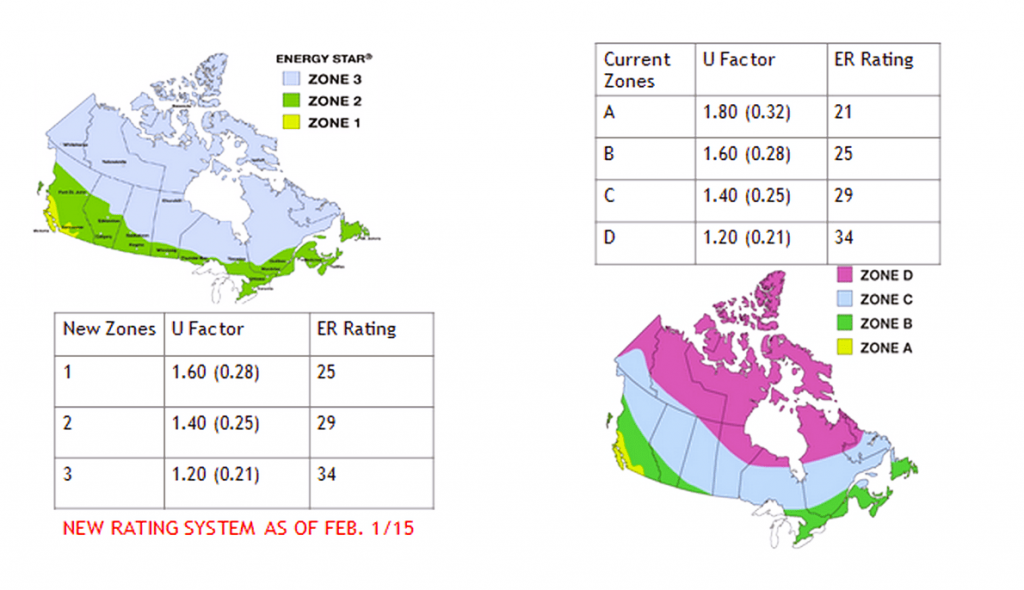When it comes to buying windows for your home in Canada, there are many factors to consider. One important consideration is the energy efficiency of the windows, which can have a significant impact on the comfort of your home as well as your energy bills. To help you make an informed decision, it’s important to understand window energy ratings.
Window energy ratings are designed to give you an idea of how energy-efficient a particular window is. These ratings take into account several factors, including the window’s insulation, air leakage, and solar heat gain. The most commonly used rating system in Canada is the Energy Star program, which is administered by Natural Resources Canada.
Energy Star windows are independently certified to meet strict energy efficiency guidelines set by the Canadian government. These guidelines are designed to help Canadians save money on their energy bills while reducing greenhouse gas emissions. In order to qualify for Energy Star certification, windows must meet or exceed specific performance requirements, including U-factor, Solar Heat Gain Coefficient (SHGC), and air leakage.
The U-factor measures how well a window prevents heat from escaping your home. A lower U-factor indicates better insulation and greater energy efficiency. In Canada, the minimum U-factor required for Energy Star certification varies depending on the region of the country you live in. For example, in northern Canada, the minimum U-factor is 1.4, while in southern Canada it is 1.22.
The SHGC measures how much solar radiation passes through a window and into your home. In colder climates like Canada, a higher SHGC can be beneficial because it allows more solar heat to enter your home, reducing your heating costs. However, in warmer climates, a lower SHGC is preferred to reduce the amount of solar heat gain and lower cooling costs. The minimum SHGC required for Energy Star certification in Canada is 0.4.

Air leakage is another important factor to consider when choosing energy-efficient windows. This measures how much air passes through the window and into your home. A lower air leakage rate indicates a more airtight window, which can help prevent drafts and reduce your energy bills. The maximum air leakage rate allowed for Energy Star certification in Canada is 1.5 cubic feet per minute per square foot of window area.
In addition to Energy Star certification, there are other window energy rating systems used in Canada, including the National Fenestration Rating Council (NFRC) and the Canadian Standards Association (CSA). These ratings can also provide valuable information about a window’s energy efficiency, although they may use different measurement criteria than Energy Star. Tilt&Turn windows, what are the advantages of using them in Canada?
When shopping for windows in Canada, it’s important to choose a reputable supplier who can provide you with accurate information about window energy ratings. A knowledgeable supplier can help you understand the various ratings systems and which windows will provide the best energy efficiency for your home and your budget.
In conclusion, understanding window energy ratings is an important part of choosing the right windows for your home in Canada. Energy Star certification is the most widely recognized rating system, but other rating systems like the NFRC and CSA can also provide valuable information. By choosing energy-efficient windows, you can reduce your energy bills, increase the comfort of your home, and help protect the environment.

